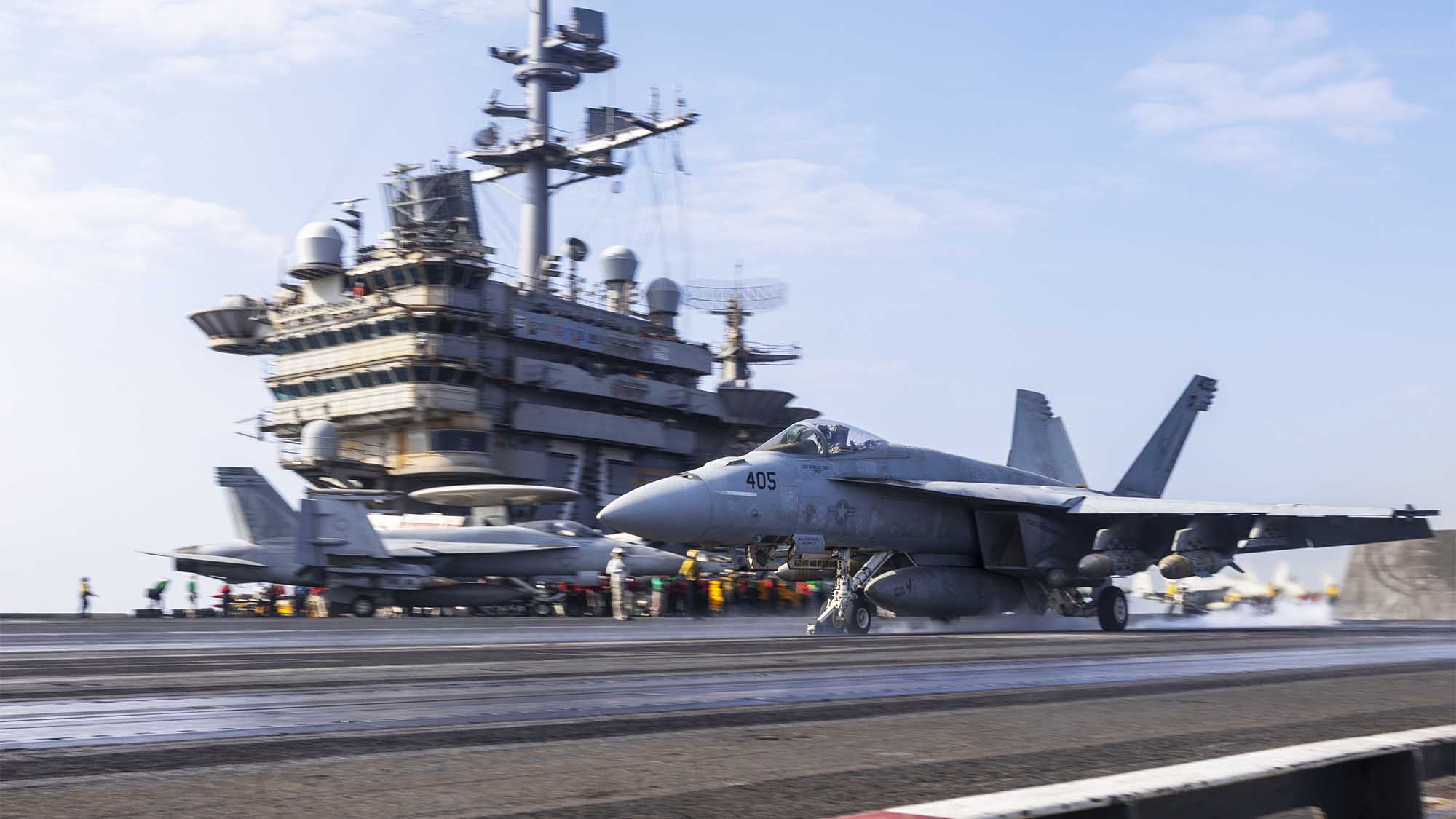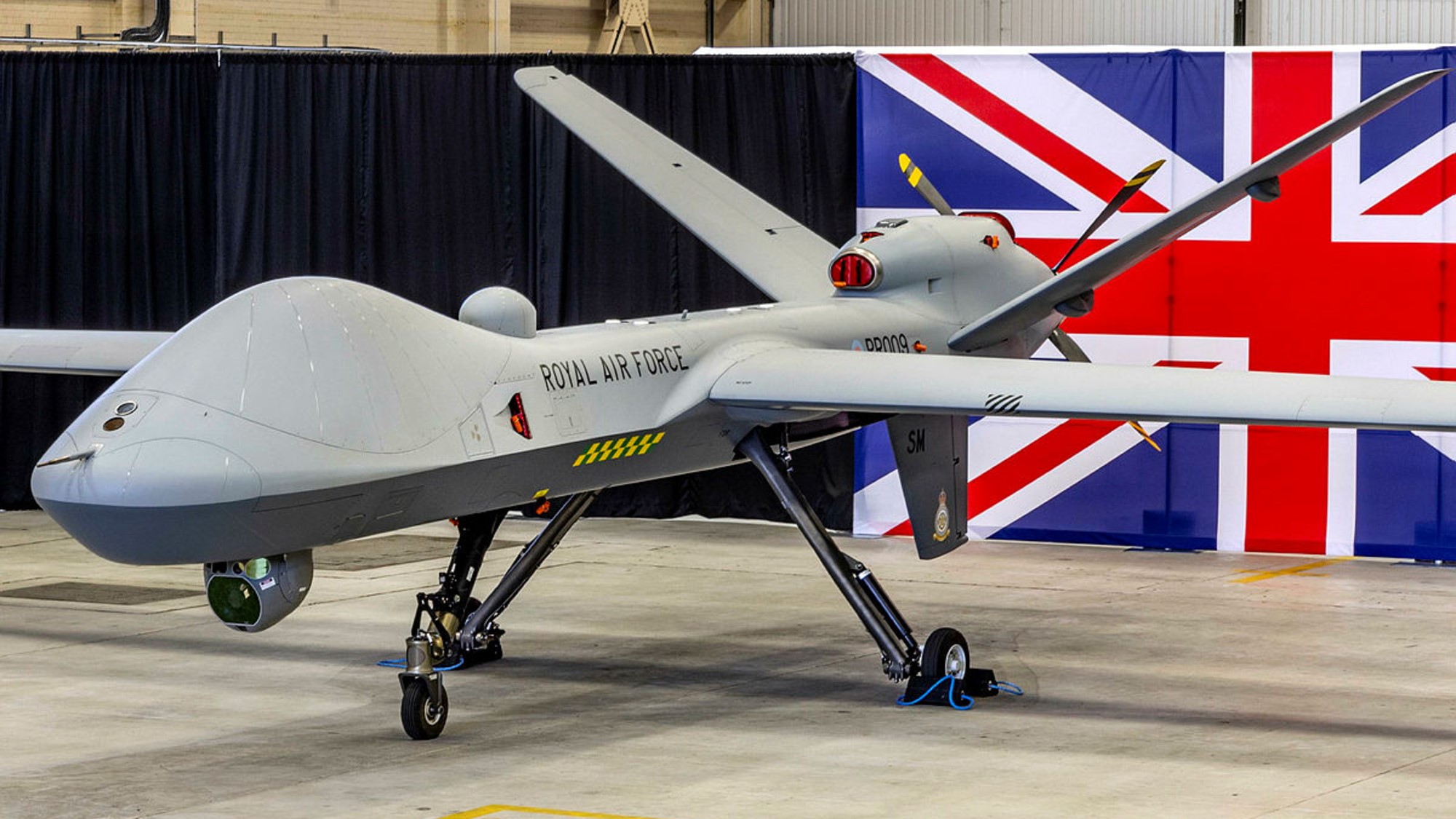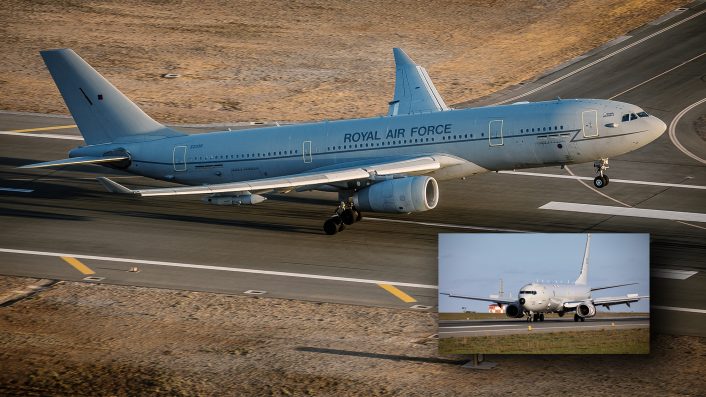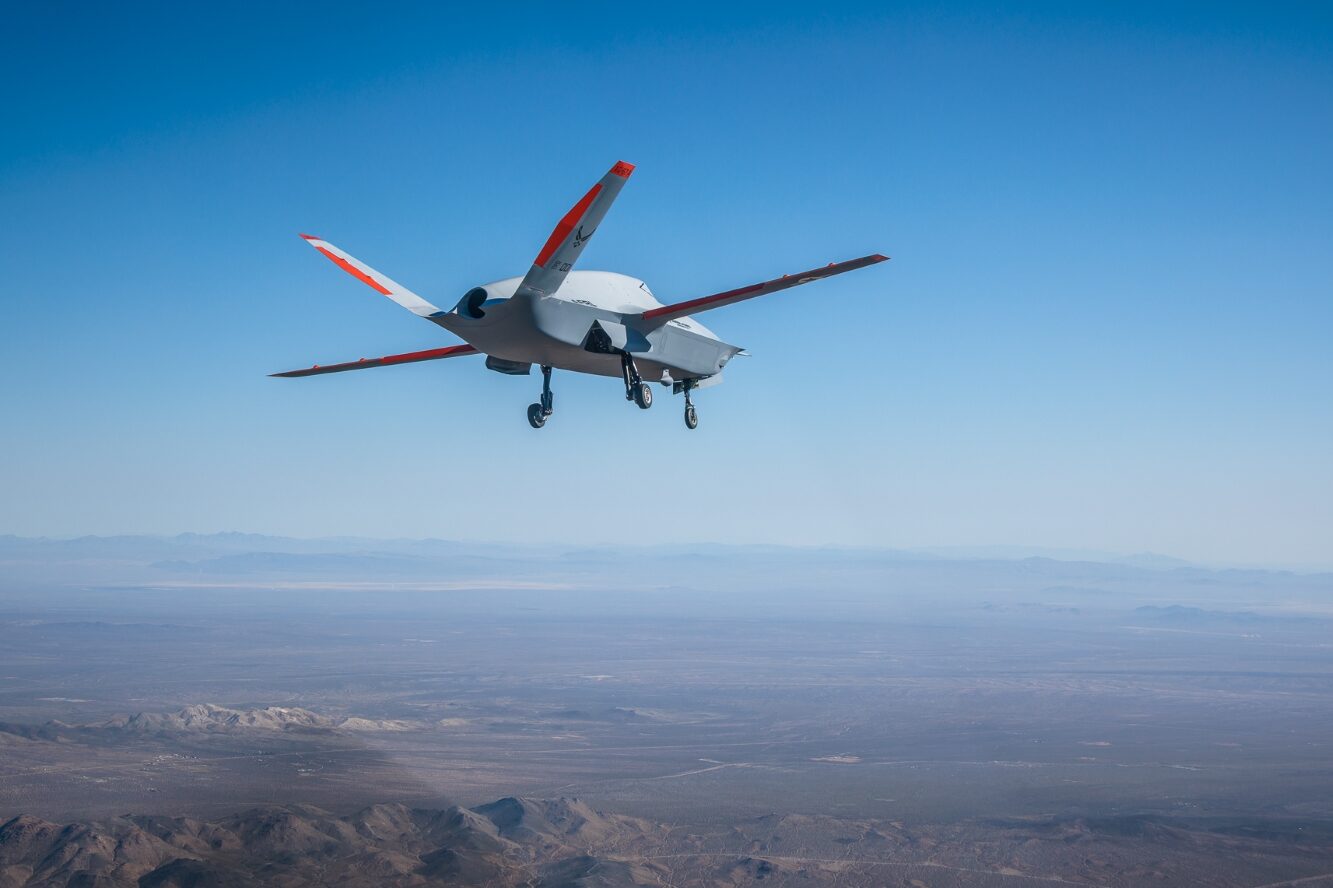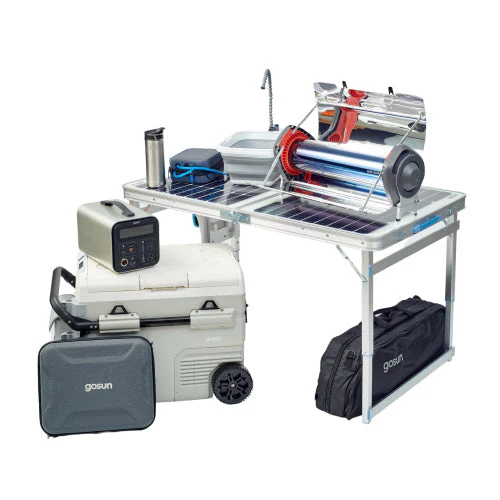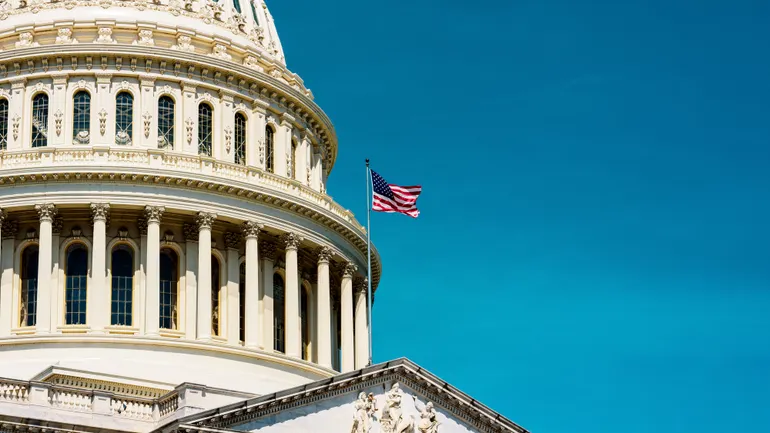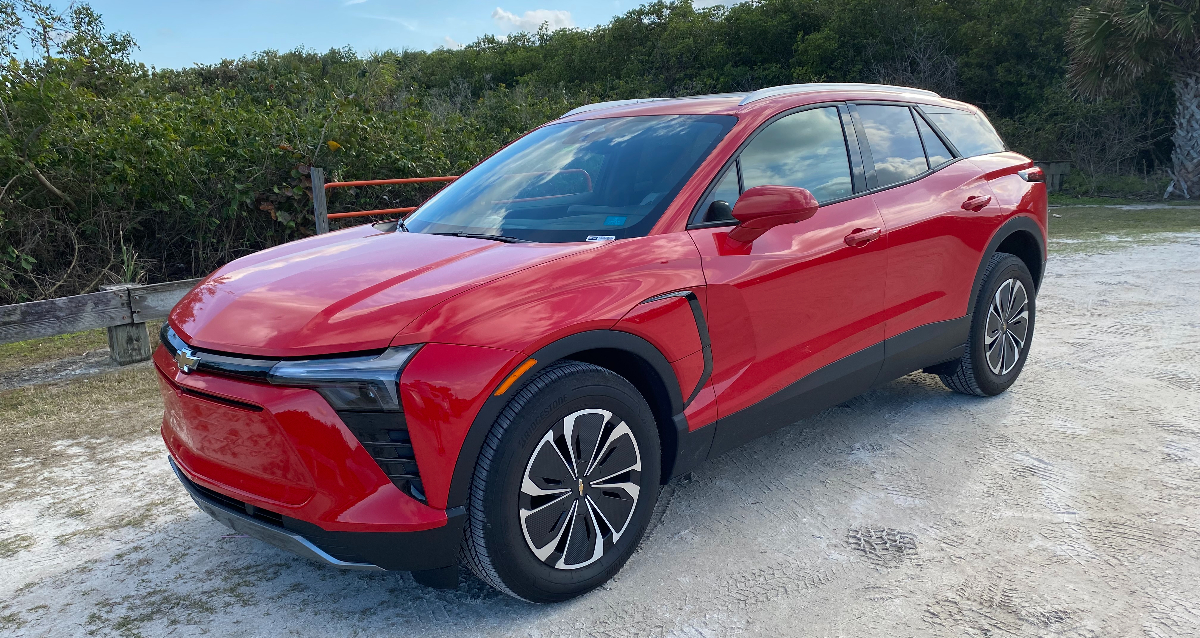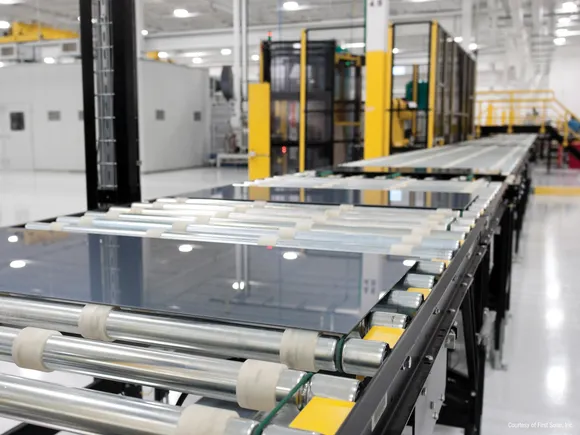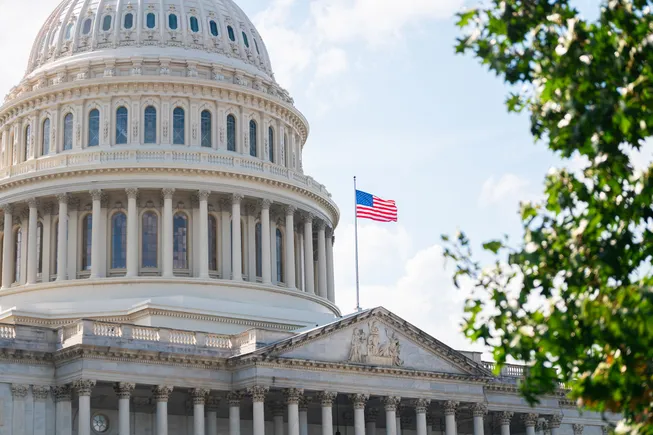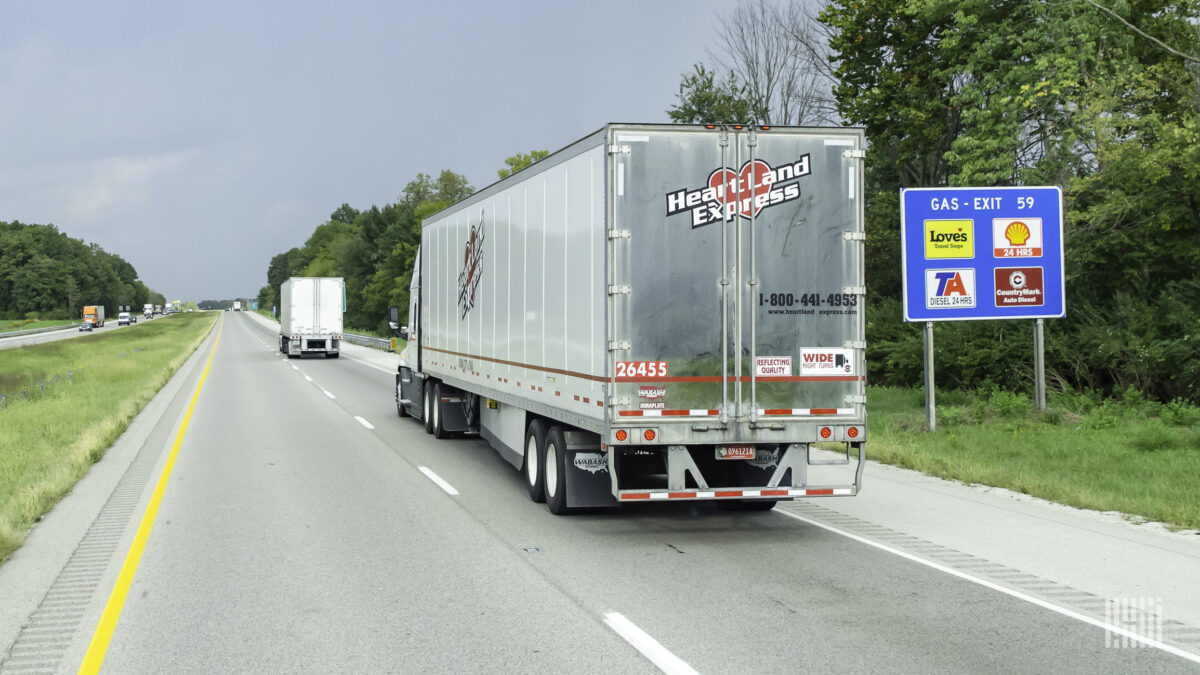Waabi CEO sees success in simulation, wants AV industry to disclose safety data
Waabi CEO Raquel Urtasun says autonomous truck developers should show their safety data rather than make opaque claims about their safety. The post Waabi CEO sees success in simulation, wants AV industry to disclose safety data appeared first on FreightWaves.

At Uber Freight’s recent Carrier Summit, Waabi CEO Raquel Urtasun laid out the autonomous trucking technology’s path toward deploying fully driverless trucks by the end of 2025.
Waabi is approaching this task by building for scale, safety and efficiency, she said. That marks a departure from expensive, slow-moving strategies that have dominated the autonomous vehicle space.
Urtasun knows something about conventional approaches that lead to suboptimal results. Her own journey into autonomous vehicles began in academia, driven by a passion for artificial intelligence. That passion translated into action when she began applying her AI expertise to self-driving systems. After leading Uber’s self-driving division as chief scientist, she founded Waabi in 2021 with the vision of building a new kind of autonomous driving company – one that prioritized simulation, AI-first development and real-world impact from the start.
RELATED: Uber Freight CEO vows focus on growing opportunities for carriers
“I worked on the traditional approach to autonomous driving for many, many years, and I experienced the pain points of needing more people, more dollars and more miles on the road to test the systems. It became obvious it was not scalable and not efficient,” Urtasun said during an interview at the April summit. “Waabi was about reinventing the way we approach autonomous technology by instead going for a simulation approach first.”
Wasabi Driver, the AV driving system, and Waabi World, the company’s simulator, were Urtasun’s answer. Rather than rely on risky and costly real-world miles, Waabi uses a closed-loop simulator that creates digital twins of real-world environments to train its driver.
This virtual world lets millions of edge cases and stress scenarios be tested quickly and safely. In a striking example, Urtasun noted that the system handled rain flawlessly on its first over-the-road encounter, despite never having been trained on wet conditions.
This approach, combined with Waabi’s vertically integrated partnership with Volvo to embed its driver into factory-built autonomous trucks, sets the company apart. No retrofits, no patchwork, just fully integrated, AI-powered machines ready to roll.
Waabi’s ongoing collaboration with Uber Freight has also been a cornerstone of its strategy. Formed in 2023, the partnership aims to deploy billions of autonomous miles over the next decade, seamlessly integrating Waabi’s technology with Uber Freight’s digital logistics platform. As Urtasun explained, “From day one, Uber Freight brought what we needed — freight volume, infrastructure and a shared belief that autonomy will transform the industry.”
Unlike AV firms that rely on terminal-to-terminal models and handoffs, Waabi’s system aims to drive end-to-end delivery for carriers that use its technology. The Waabi-Uber Freight model is turnkey: Carriers can buy a Waabi-enabled truck, plug into Uber Freight’s network and immediately begin moving freight autonomously. It’s a bold attempt to flatten the curve of adoption and make AV accessible not just to megafleets but also small and midsize carriers.
But perhaps the most disruptive part of Waabi’s story is its transparent stance on safety. Urtasun criticized the industry’s black box culture, where safety metrics are often proprietary or opaque. In contrast, Waabi is offering regulators access to its simulator, potentially setting a new standard for how safety is measured and verified.
“AV players are not open at all about their safety, how they’re really making the decisions about launching versus not, and their safety cases are very boilerplate,” she explained. “Safety shouldn’t be proprietary. … Show me your evidence. As a scientist, I want to see the proof.”
Aurora goes driverless with partners Uber Freight, Hirschbach
Uber Freight CEO vows focus on growing opportunities for carriers
Uber Freight’s Powerloop begins offering dedicated tours to carriers
The post Waabi CEO sees success in simulation, wants AV industry to disclose safety data appeared first on FreightWaves.












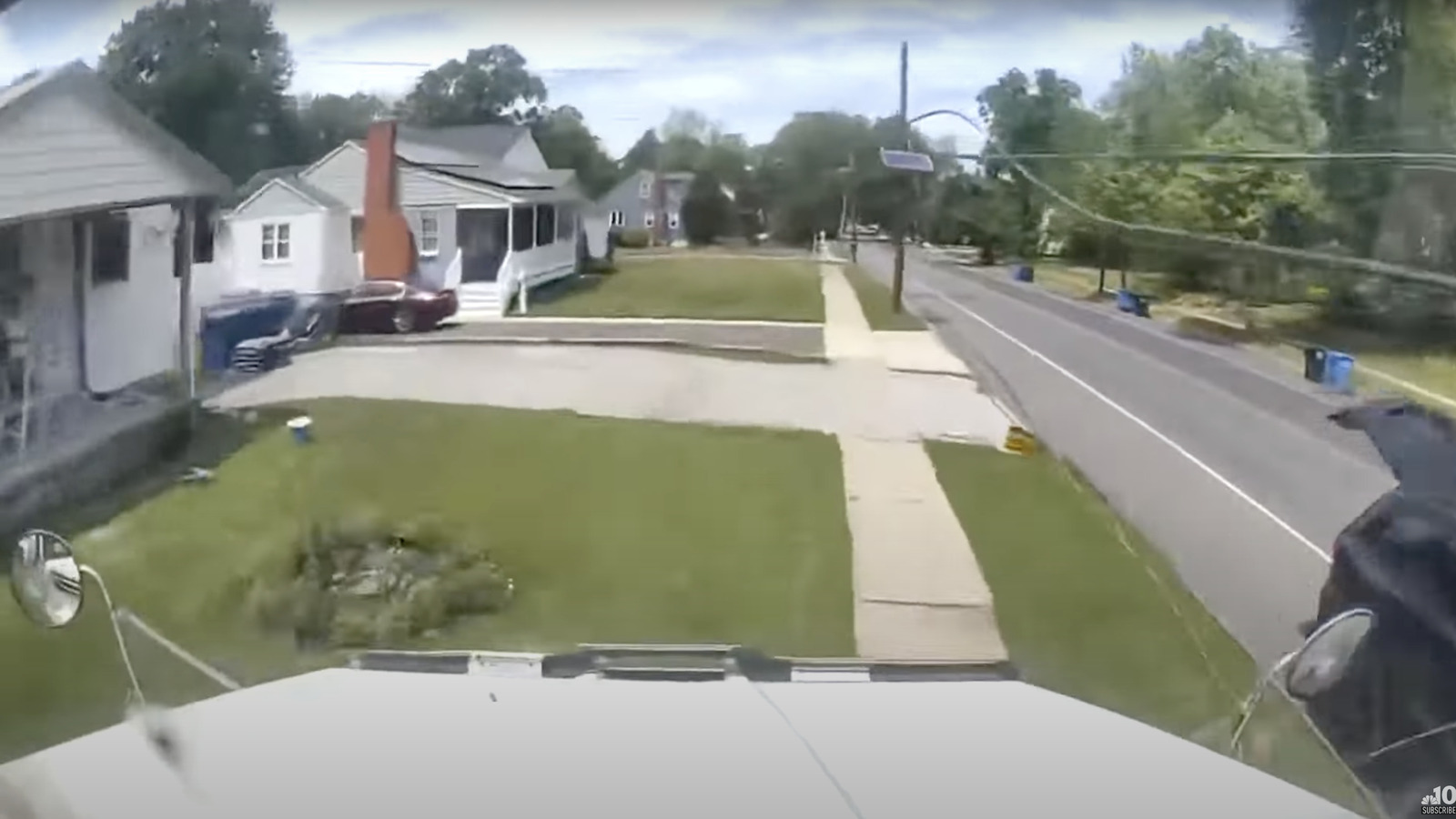

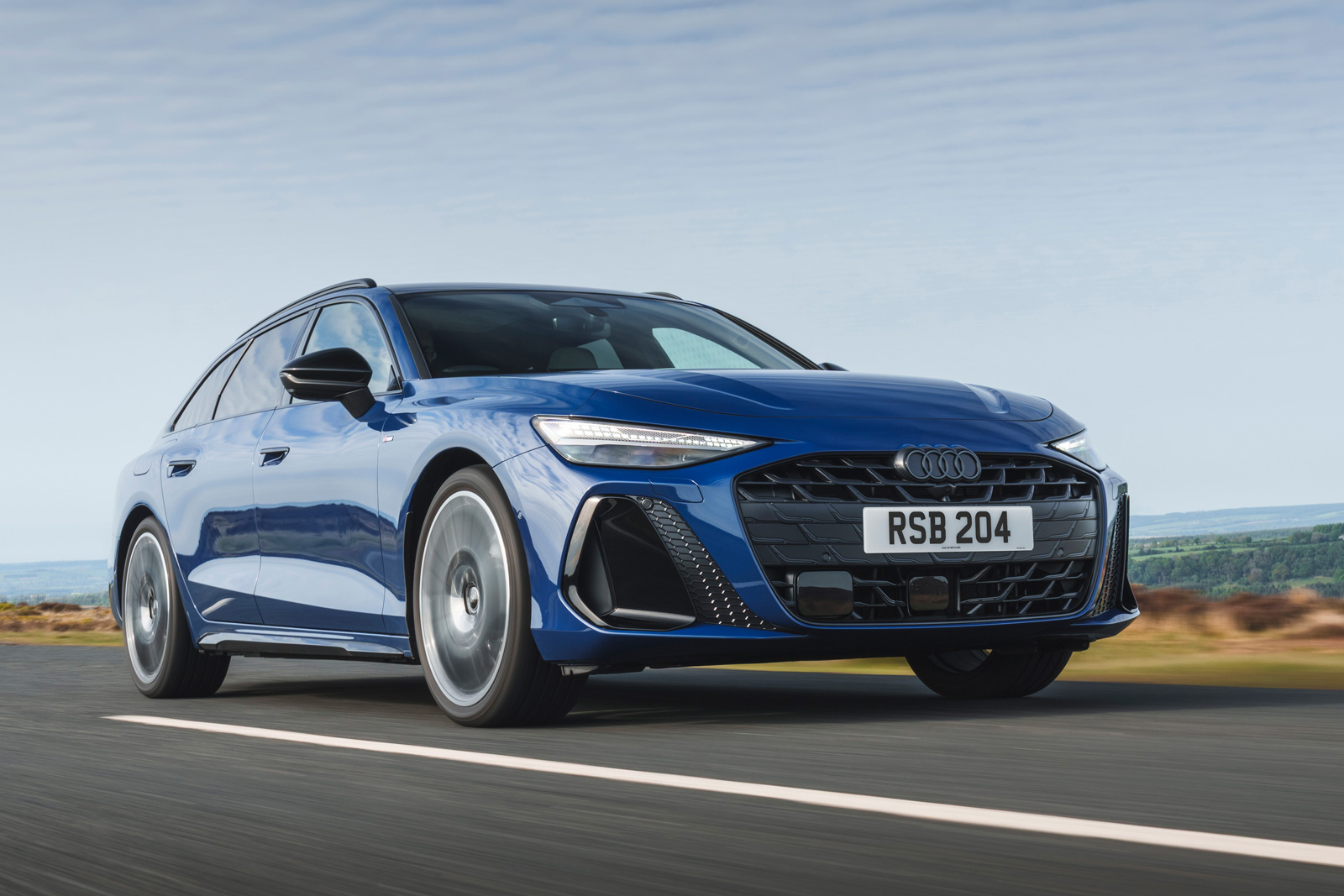





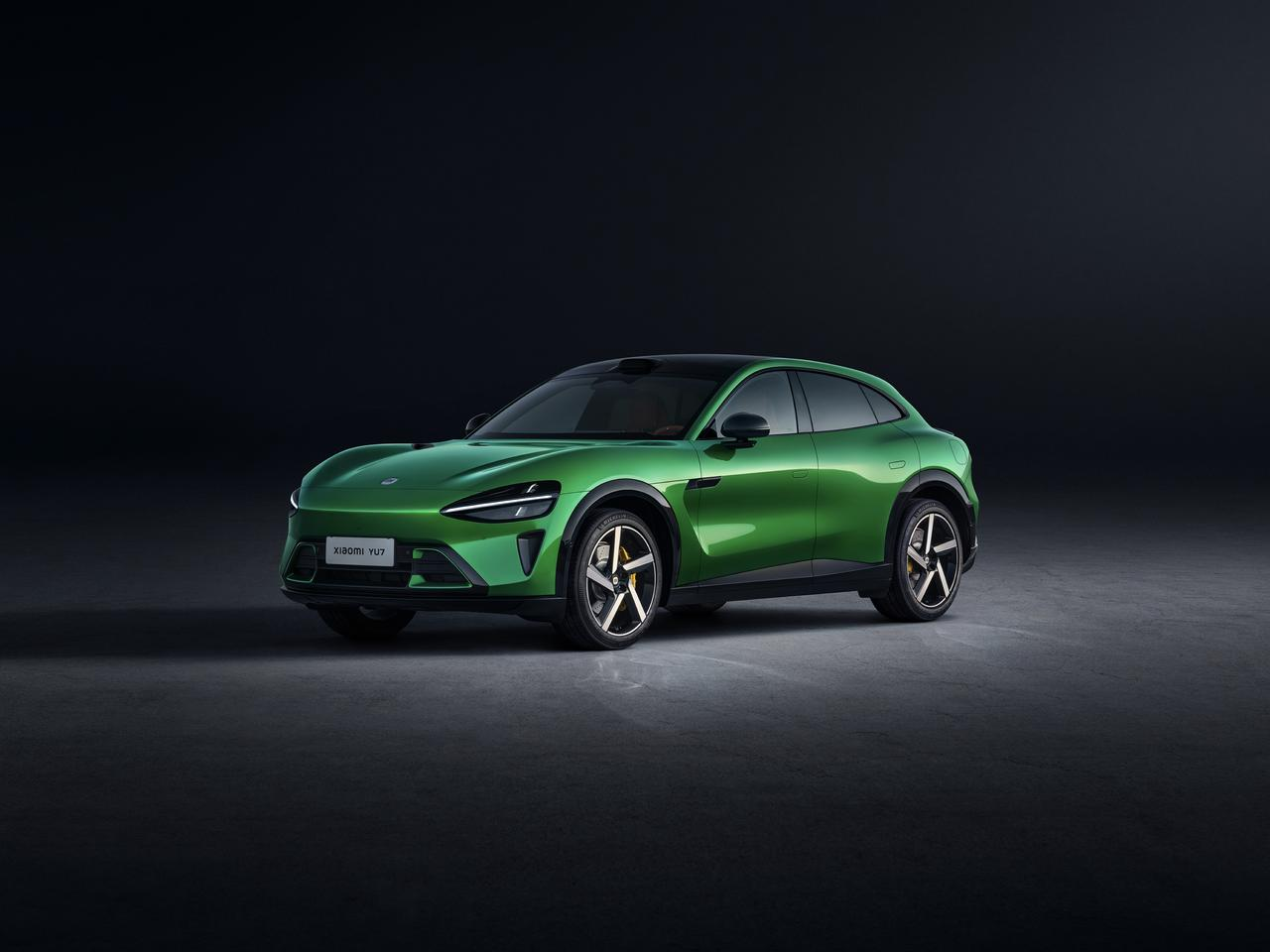





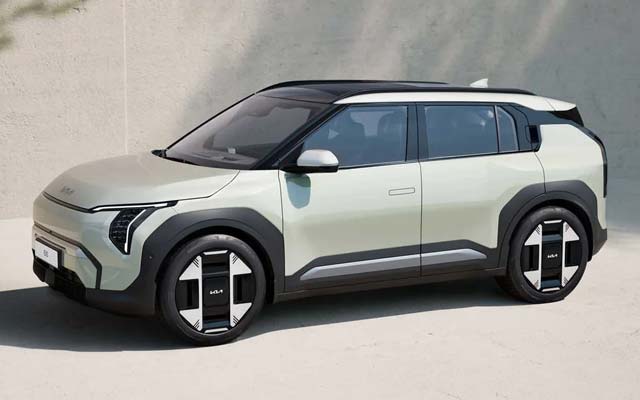
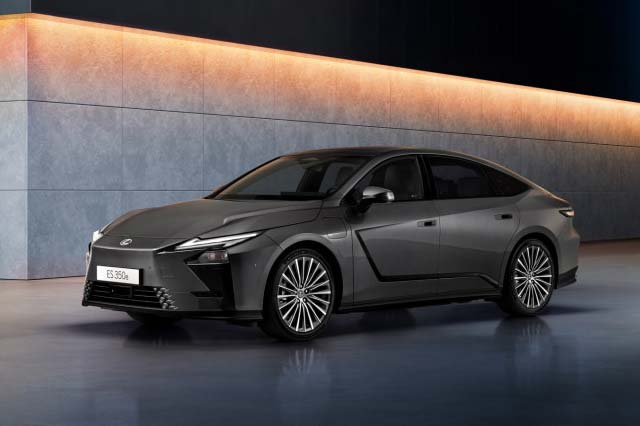
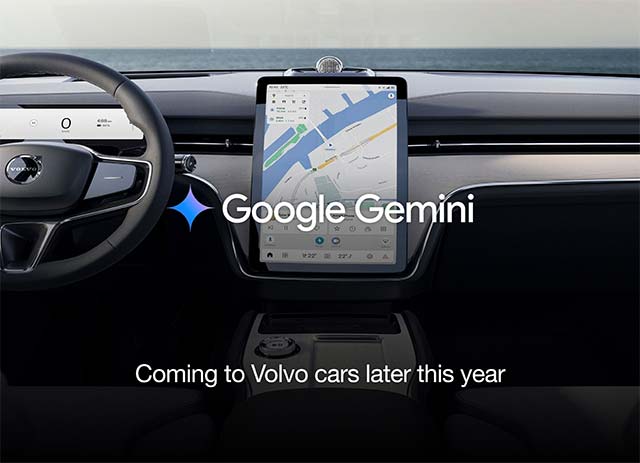









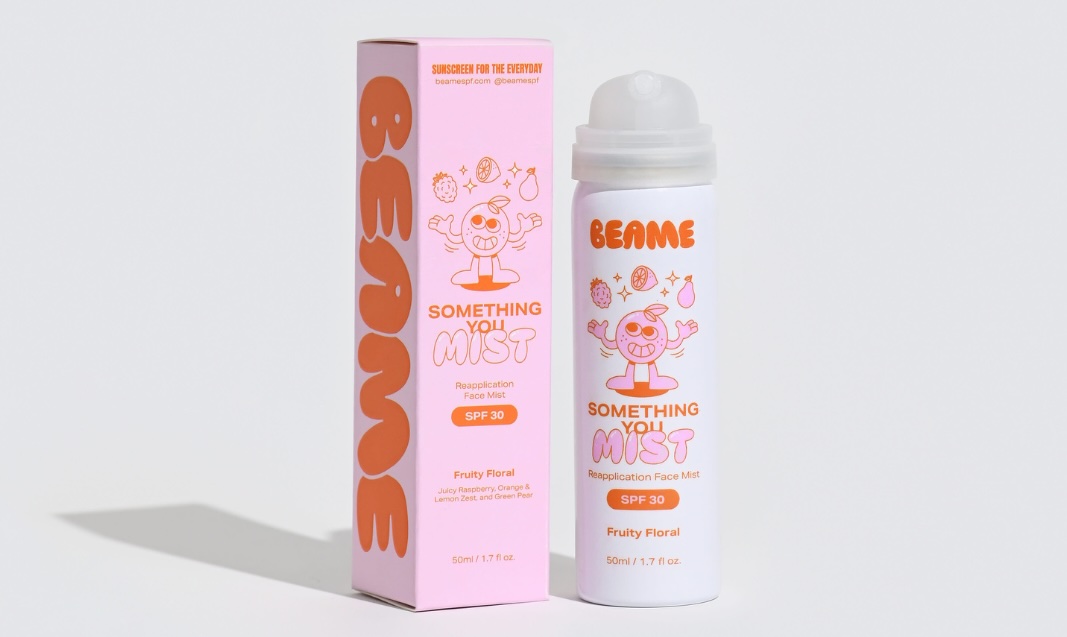
























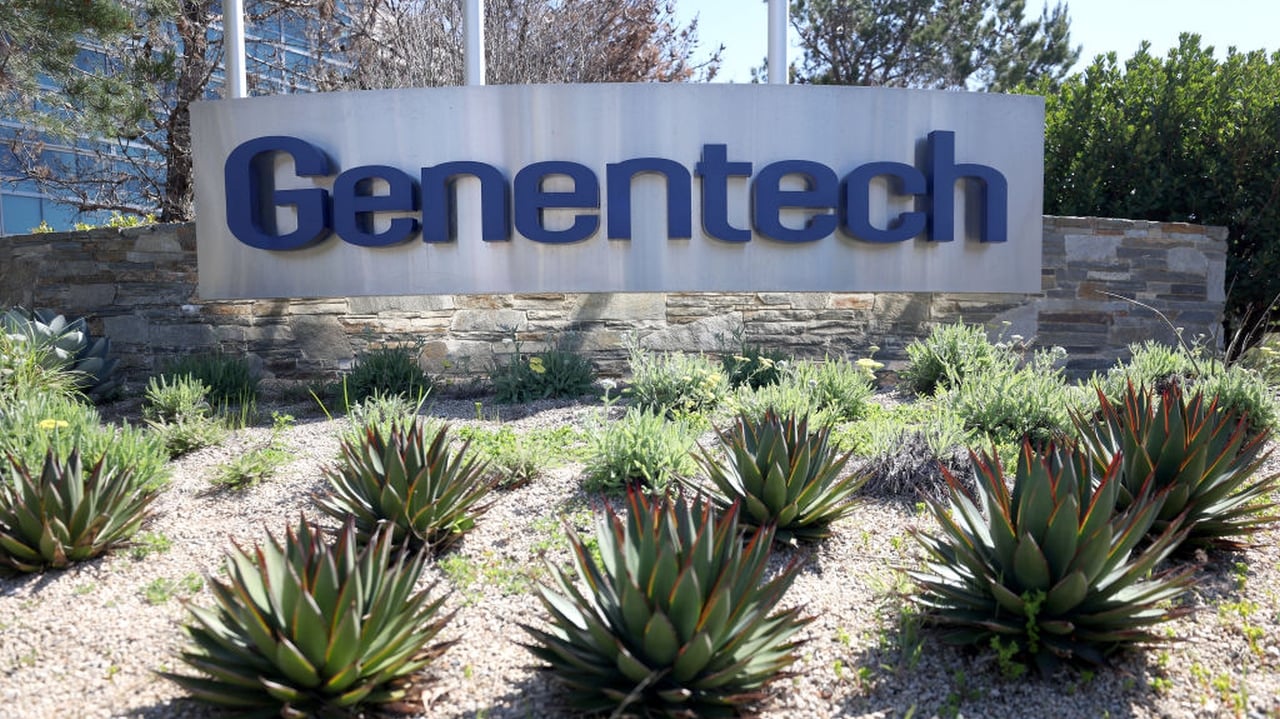



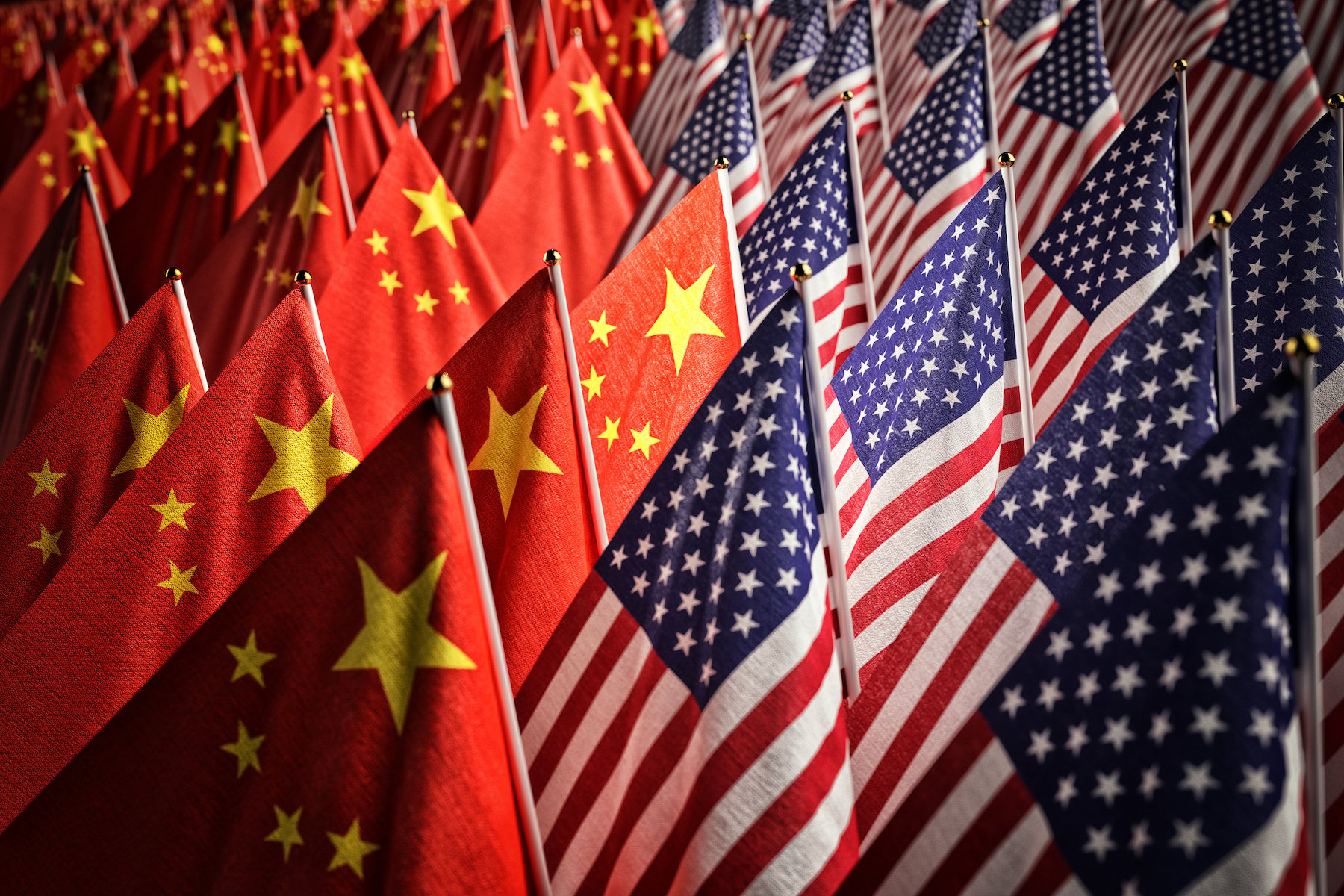




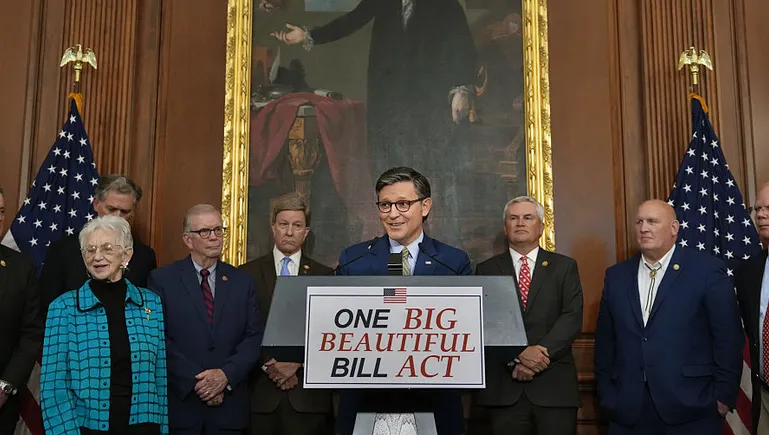
















![The F-35’s future: The power and cooling competition that could change everything [Video]](https://breakingdefense.com/wp-content/uploads/sites/3/2024/09/240924_F35_moon_USAF-scaled-e1727200160419.jpg?#)













